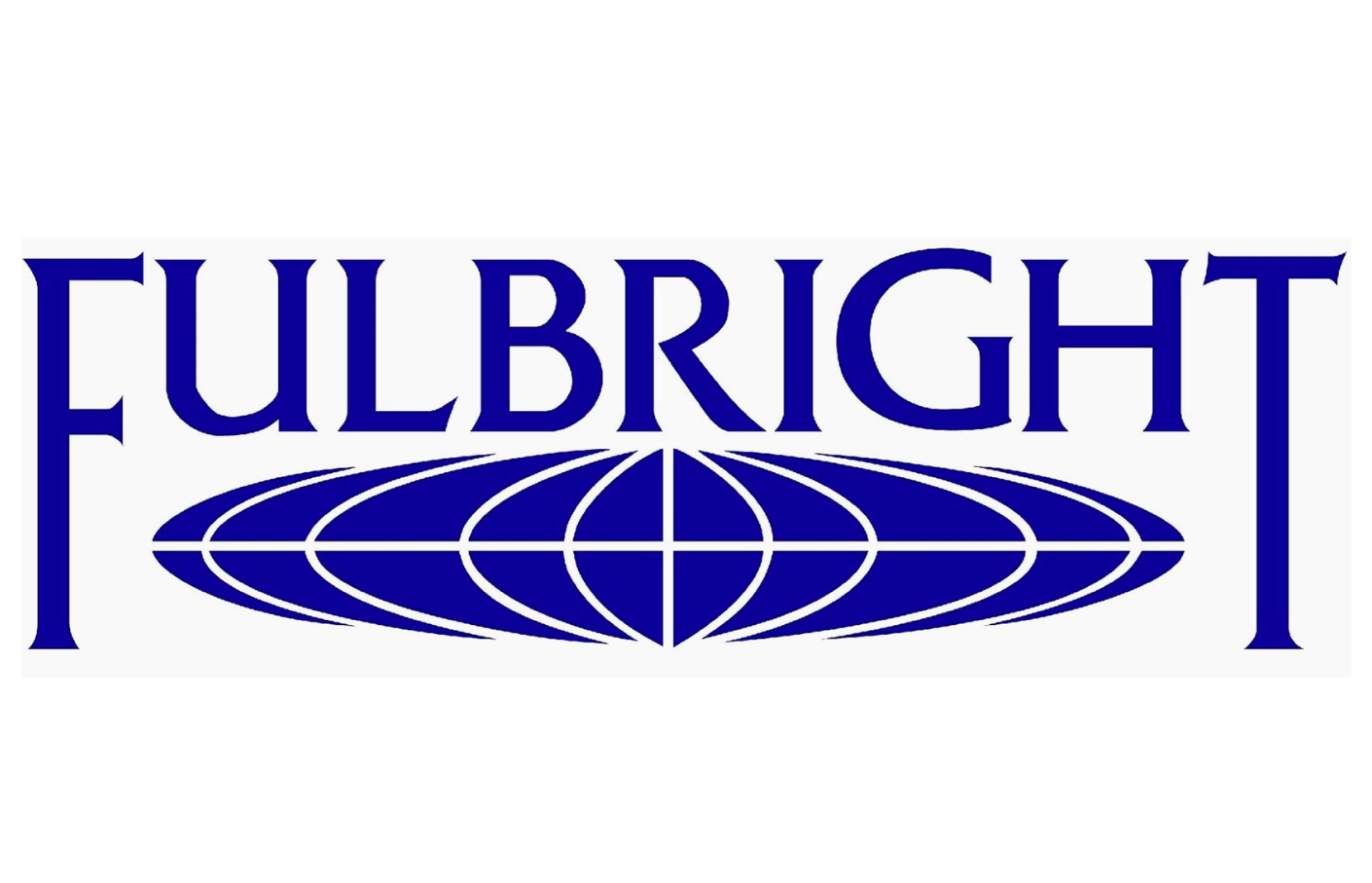Over the summer, Professor Nick Wasserman implemented a project funded by the Fulbright Program. He worked with secondary teacher education programs of the Pontificia Universidad Católica de Chile (PUC) and the Pontificia Universidad Católica de Valparaíso (PUVC).
The prestigious Fulbright awards fund international research and scholarly exchanges. The goals of Wasserman’s project were (1) to generate specific learning resources to connect the advanced mathematics of abstract algebra and real analysis with the school curriculum for secondary mathematics teachers in Chile and (2) to develop a proposal for advanced mathematics courses at these universities associated with abstract algebra and real analysis with Mathematics Education courses. Long-term, this project will generate spaces for mathematicians and mathematics educators to dialogue, manage, and decide how to improve the learning opportunities that future teachers have to connect advanced mathematics with the school curriculum at PUC and PUCV.
As a result of this project, working groups at PUCV and UC produced specific curricular materials that could be used in advanced mathematics courses to improve their relevance for the preparation of future secondary mathematics teachers. The working group meetings with faculty also produced a list of mathematical practices that might serve as guidelines and principles for developing connections that would unite the mathematics and mathematics education coursework of their teacher preparation programs. This set of practices could serve as a backbone for the articulation between advanced mathematics and mathematics education coursework at each site.
Nick Wasserman is an Associate Professor of Mathematics Education at Teachers College, Columbia University. His research focuses primarily on teacher education, particularly in the area of secondary teachers’ (advanced) mathematical knowledge and development. He also recently co-authored a supplemental textbook titled Understanding analysis and its connections to secondary mathematics teaching. His Fulbright project is a direct extension of this work, and it was wonderful to see this project take shape. His collaboration with faculty at both institutions remains ongoing. Congratulations, Professor Wasserman!
